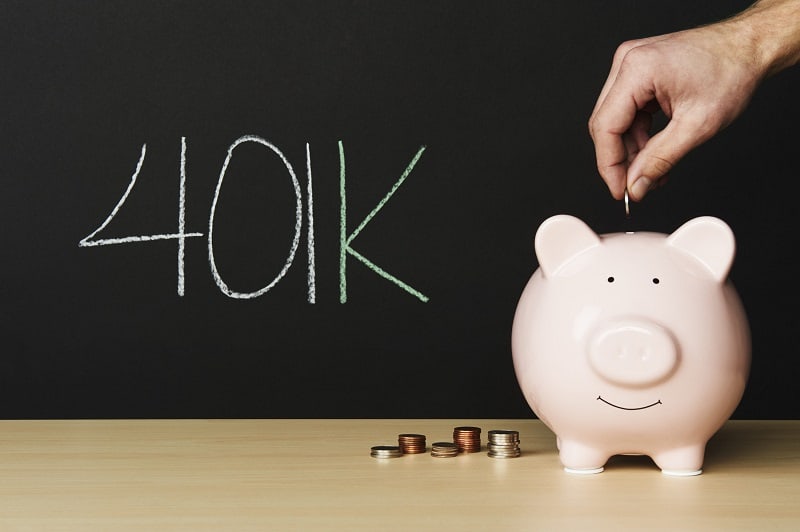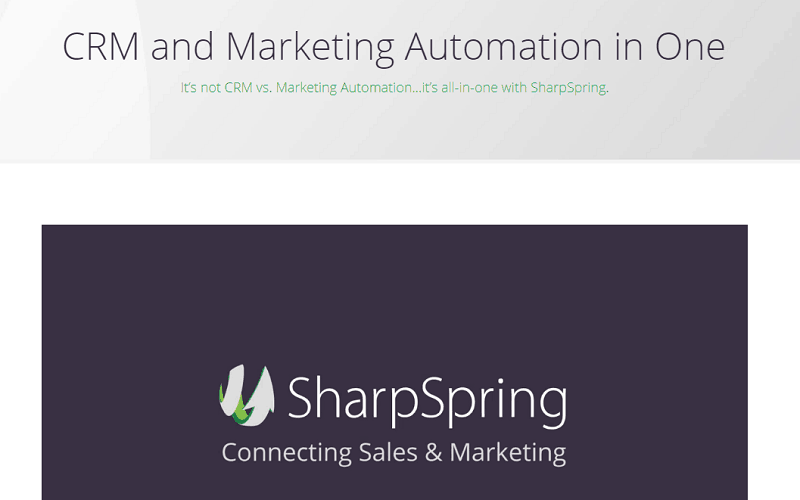The gig economy is booming, and having a side hustle is more common than ever. From freelance design to blogging, and running an e-store to affiliate marketing, earning cash online has become normalized. It’s a great way to boost your income, especially if you’ve got unpaid debts, and even more so if paychecks from your main job are taking a hit from wage garnishment. However, it may leave you nervous about whether debt collectors can come after your side hustle money, too.
Table of Contents
What Is Wage Garnishment?

Photo by Vika Strawberrika on Unsplash
Wage garnishment is a last-ditch legal debt collection process that involves your employer withholding a chunk of your paycheck. They send the funds to the court, where it’s forwarded on to your creditor for payment of the outstanding debt. It usually happens after a court order, though in some jurisdictions, unpaid taxes can be garnished from wages without one. Aside from taxes, wage garnishment is most common for things like unpaid credit card bills, fines, and child support.
Does It Apply to Side Hustles?
Since your employer is the one who receives the order and makes the deductions, your first instinct may be to think that side hustle income is safe. With no employer to garnish (or in the case of self-employed, you are your employer), it’s not quite so simple when it comes to accessing the funds. Debt collectors can go after your side hustle earnings in other ways:
- Court orders: Creditors can ask a judge to order payments from your self-employed income.
- Bank levies: If you deposit money from your side hustle into a personal account, it could be frozen.
- Payment processors: In some cases, platforms like PayPal or Stripe can be monitored or frozen following legal action.
Local Laws
Every state and province has its own rules. In the US, the amount that can be garnished is set at 25% of your disposable income, but in some states, it’s even less. For other types of debt, like consumer debt, garnishment is banned completely in Texas, Pennsylvania, and North and South Carolina. In Canada, the thresholds vary. In Ontario, for instance, creditors can garnish 20% of your gross wages, whereas it’s 15% in Nova Scotia. In both cases, the court order can specify more or less than the allowed limit, based on individual circumstances.
How to Protect Your Income
If you’re earning through a side hustle, there are a few smart moves you can make to protect your income:
- Keep your business and personal income separate, in dedicated accounts
- Use a business bank account for side hustle income
- Set up a limited company (like an LLC or Ltd) to create a legal boundary between personal finances and business income
- Keep clear records of all payments and business expenses
- Talk to a debt advisor early, before things escalate
- Research and develop an understanding of the laws in your region
Endnote
Debt collectors might not be able to access your freelance or side hustle income as easily as your employee paycheck, but that doesn’t mean it’s off limits. If you’re behind on debt payments, it’s worth getting informed on your rights and the local rules. Ideally, maintain open communication with your creditor or the mediator, and it shouldn’t come down to involuntary payments.
























